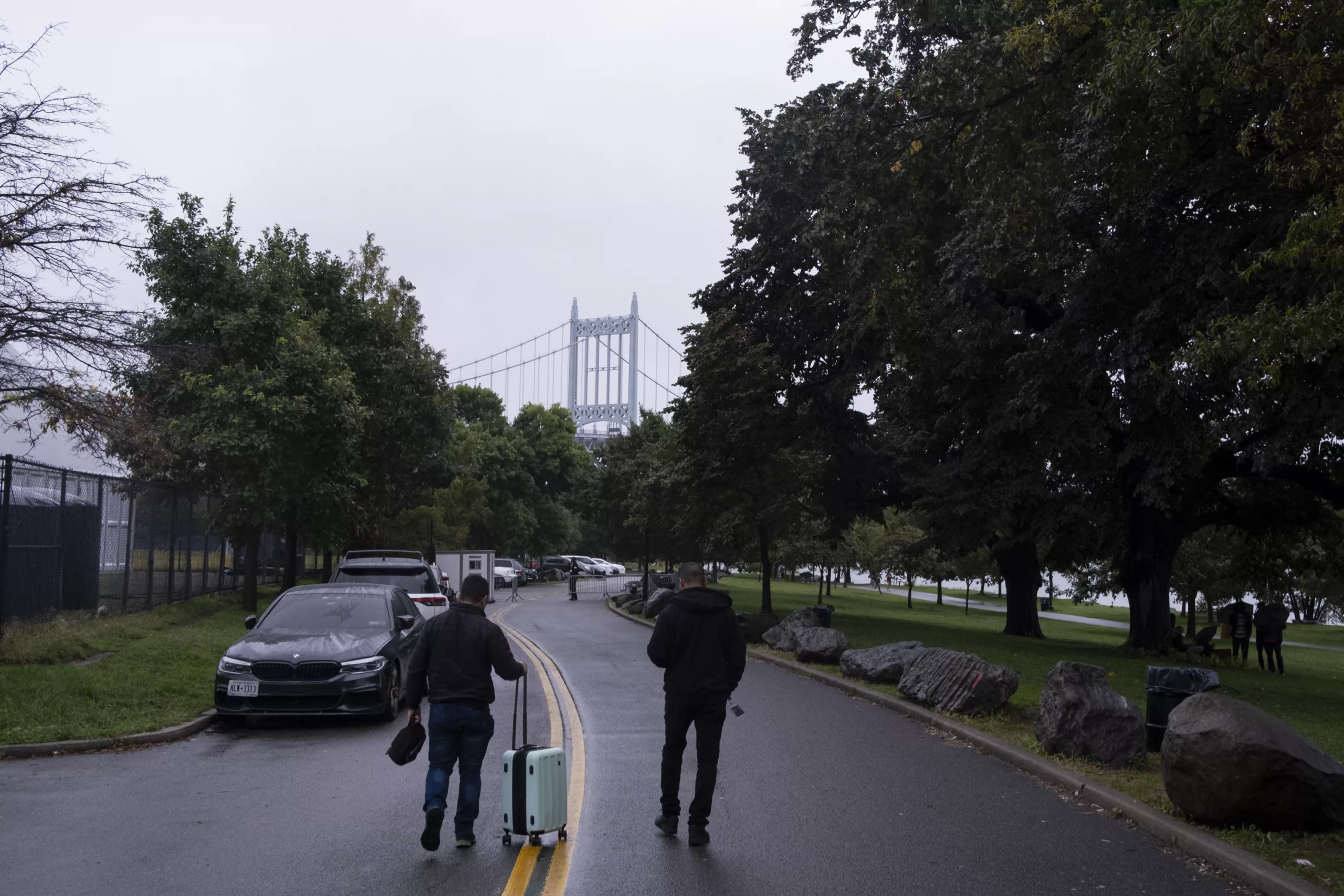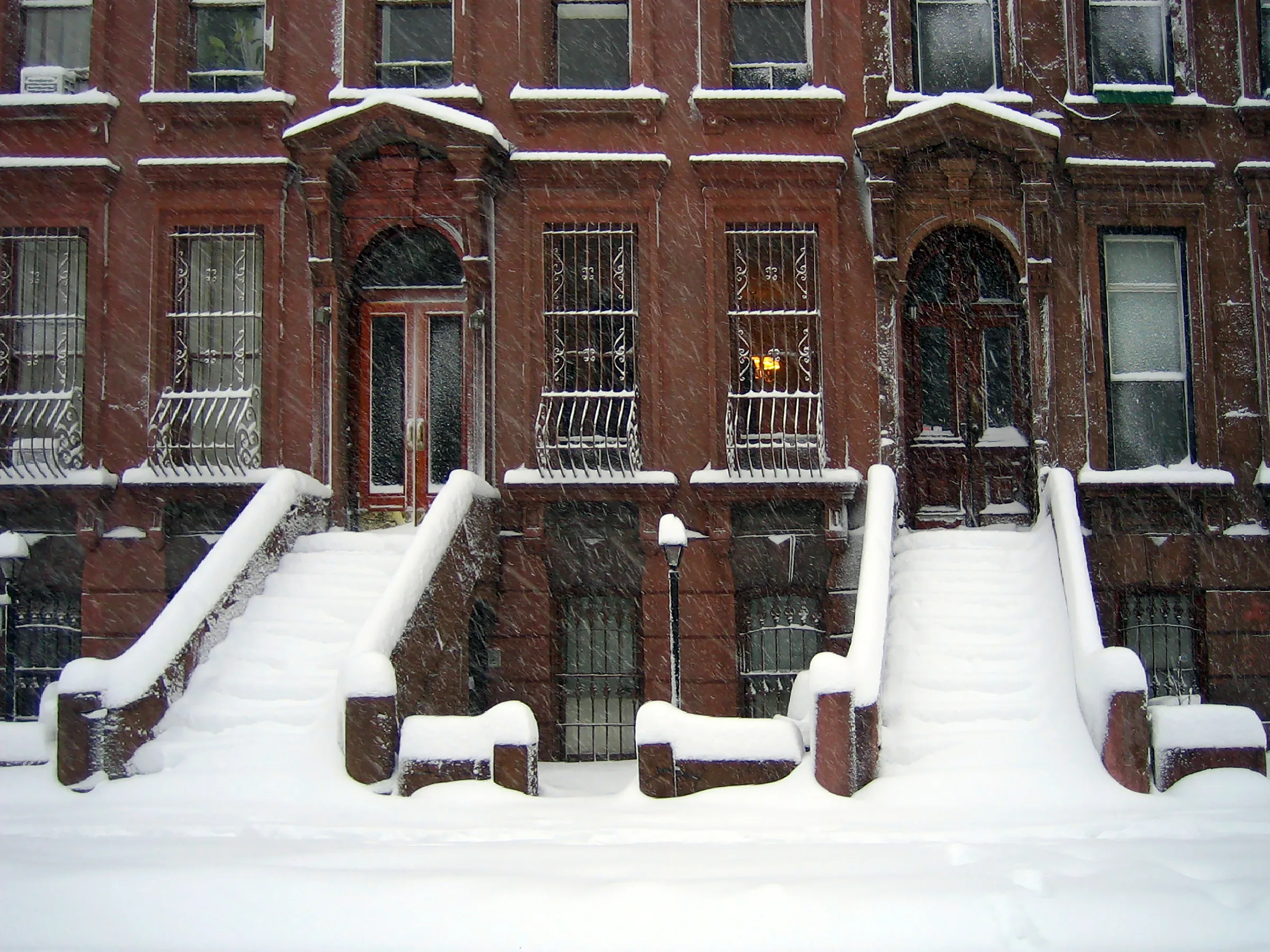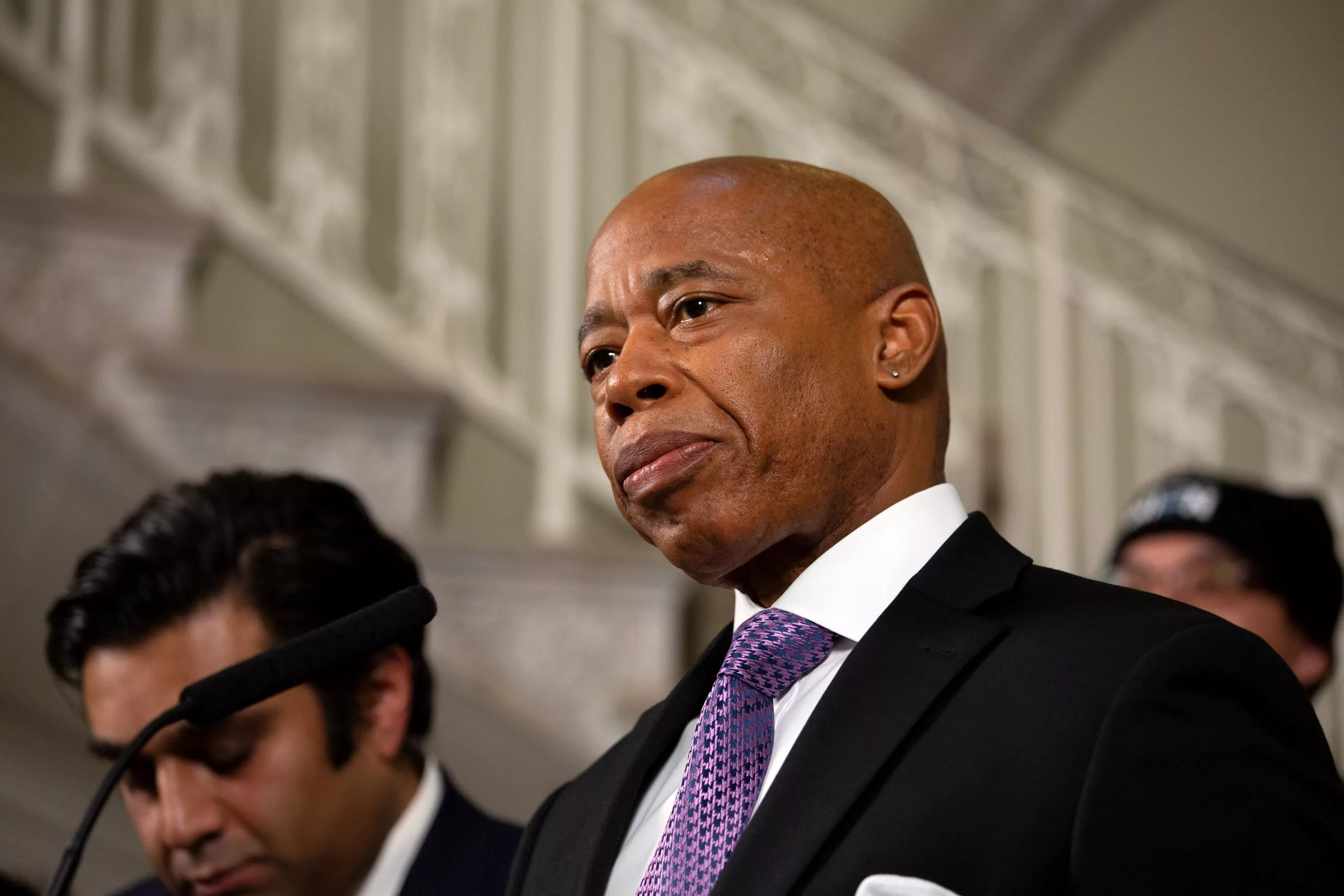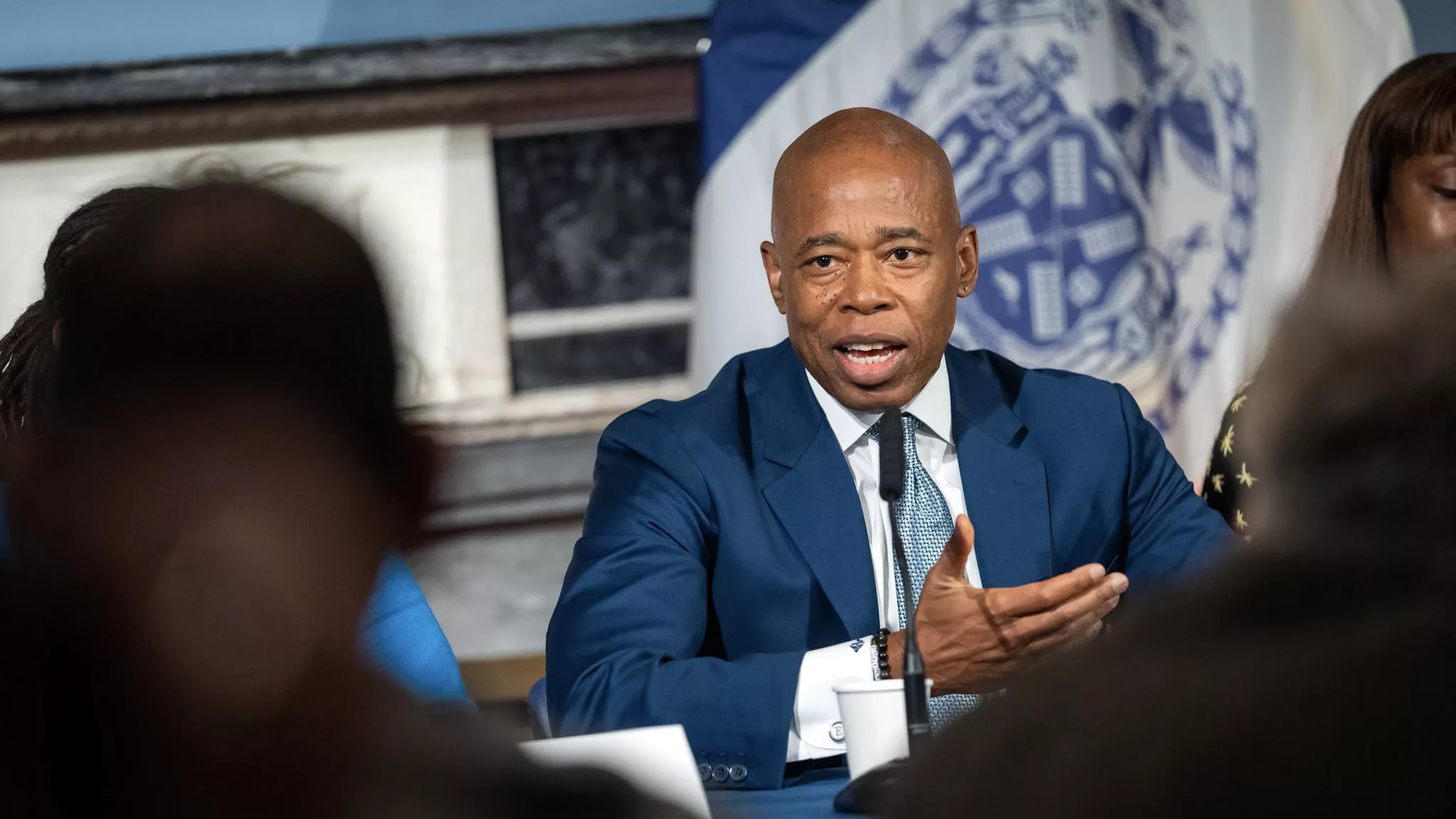Just have a minute? Here are the top stories you need to know about immigration. This summary was featured in Documented’s Early Arrival newsletter. You can subscribe to receive it in your inbox three times per week here.
New York
New York City to close migrant shelter on Randall’s Island in February:
Officials will have to move many of the 2,250 adult migrants to other city shelters, and be ready to accommodate more people if border crossings increase. — The New York Times
“Casa Mixteca” prepares to welcome city’s growing immigrant community:
The Latina-led nonprofit Mixteca received $2.5 million from city officials to purchase a permanent home, allowing them to triple their services in Sunset Park. — Documented
Fired Adams staffer offered business leaders connections to “Politics.” Public appearances ensued:
Shortly after Ahsan Chughtai was appointed, he told a group of businessmen it was his job to open the “portals in politics.” He was fired last summer and had his home raided. — Documented
Around the U.S.
For many immigrant students, school is their one safe place:
The U.S. Supreme Court has ruled it’s unconstitutional to deny children an education because of their immigration status. Yet over the years, states have poked that 1982 ruling. — Chalkbeat (First Person)
Explainer: Who are immigrants in the United States?
As many as 77% of immigrants in the U.S. hold permanent legal status (as a naturalized citizen, refugee or asylee, or green-card holder) or a long-term nonimmigrant visa (international students and temporary workers among them). — Migration Policy Institute
How To Get Help With Your Heating Bill in NYC
AILA unveils ethics guide for immigration lawyers:
A former chair said it’s an “essential tool for any attorney practicing immigration law, offering guidance on ethical dilemmas that are unique to the field.” — AILA
Washington D.C.
FEMA’s role in migrant assistance — exploring the shelter and services program:
FEMA’s role in supporting local communities responding to migration is very limited, and has no impact on disaster relief. Here’s why the program exists. — American Immigration Council














